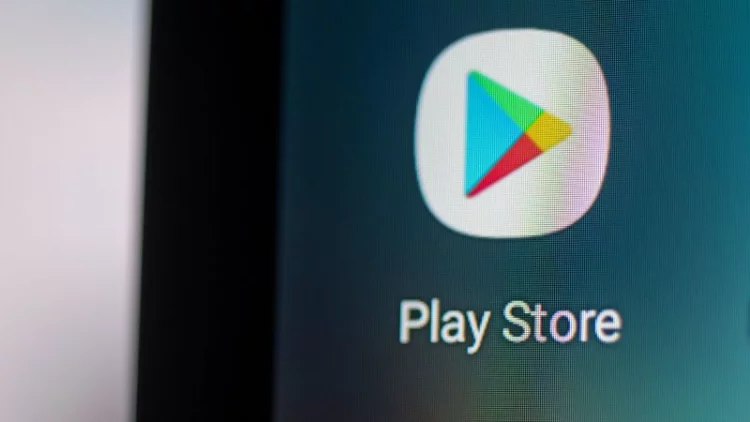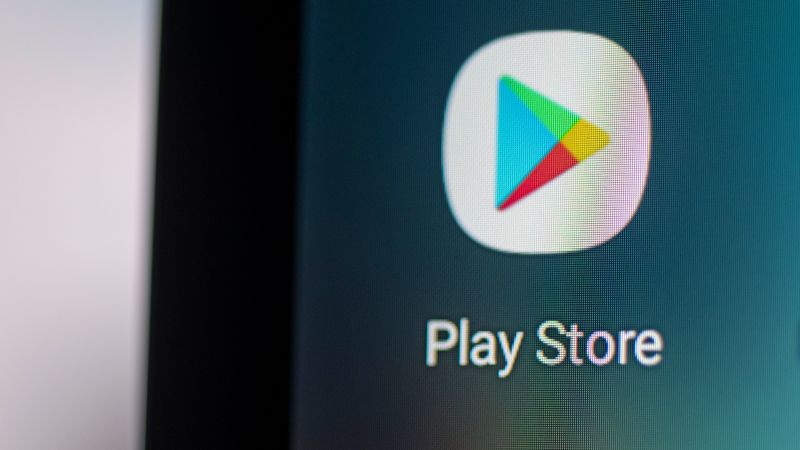Epic Games goes to court to challenge Google’s App store practices
Epic games, the maker of the popular game “Fortnite,” launches a battle against Google in federal court today in a closely watched antitrust showdown that could reshape how smartphone users get Android apps and pay for in-app content.


Epic Games, the maker of the popular game “Fortnite,” launches a battle against Google in federal court today in a closely watched antitrust showdown that could reshape how smartphone users get Android apps and pay for in-app content.
Epic’s lawsuit in the US District Court in California’s Northern District targets the Google Play Store, focusing on Google’s fees for in-app subscriptions and one-off transactions, along with other terms that app developers such as Epic say helped Google maintain an illegal monopoly in app distribution.
The legal battle follows a years-long debate about whether app store operators such as Google and Apple foster an open, competitive app ecosystem. The two companies argue their app stores help unlock billions in revenue for small businesses, while ensuring that Android and iOS users benefit from security oversight that the technology giants provide.
The jury may hear high-profile witnesses testify from both sides, including Google CEO Sundar Pichai and Epic CEO Tim Sweeney.
The court fight traces back to 2020, when Epic launched Project Liberty, a plan to circumvent Apple and Google’s app store terms. That move by Epic forced a confrontation with the tech giants.
Epic updated the Fortnite app to encourage players to pay for in-app content directly through Epic’s own website — rather than through Apple and Google’s in-app payment systems. That gambit triggered a violation of the app stores’ developer terms.
The move also prompted both app stores to remove the Fortnite app from their platforms. It meant Apple users could no longer play Fortnite on iOS devices. Epic’s case involving Apple may soon be reviewed by the Supreme Court. Fortnite is still available on Android devices through a variety of non-Google channels.
In the meantime, Sweeney has alleged that Google “controls, surveils, and taxes transactions between users and developers” in violation of US antitrust law.
Google has argued Epic simply wants access to the Play Store’s 2.5 billion users worldwide without having to pay to support the platform, and that a victory for Epic could harm Google’s ability to offer a competitive Android alternative to Apple’s iOS.
“The most relevant thing for us is showcasing to the jury how Android has created more choice, flexibility and openness than any other platform, and that Epic has actually availed itself of that level of choice and flexibility,” said Wilson White, Google’s vice president of public policy and government affairs. “As a result, these needless claims that they’ve brought should fail.”
The suite against Google initially involved a wide range of plaintiffs, including dozens of state attorneys general and individual consumers, as well as Match Group, the online dating giant that owns apps including Tinder, Hinge and Match. But Google successfully narrowed the list of opponents it would face at trial as it reached multiple settlements removing other plaintiffs from the case.
Epic will now face off against Google in court alone.

 oujisama
oujisama 











